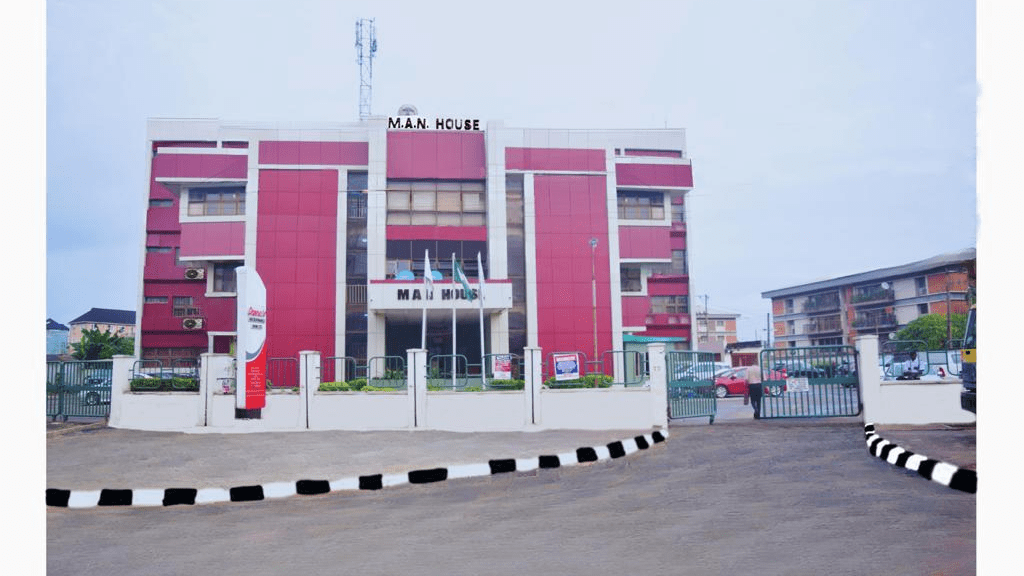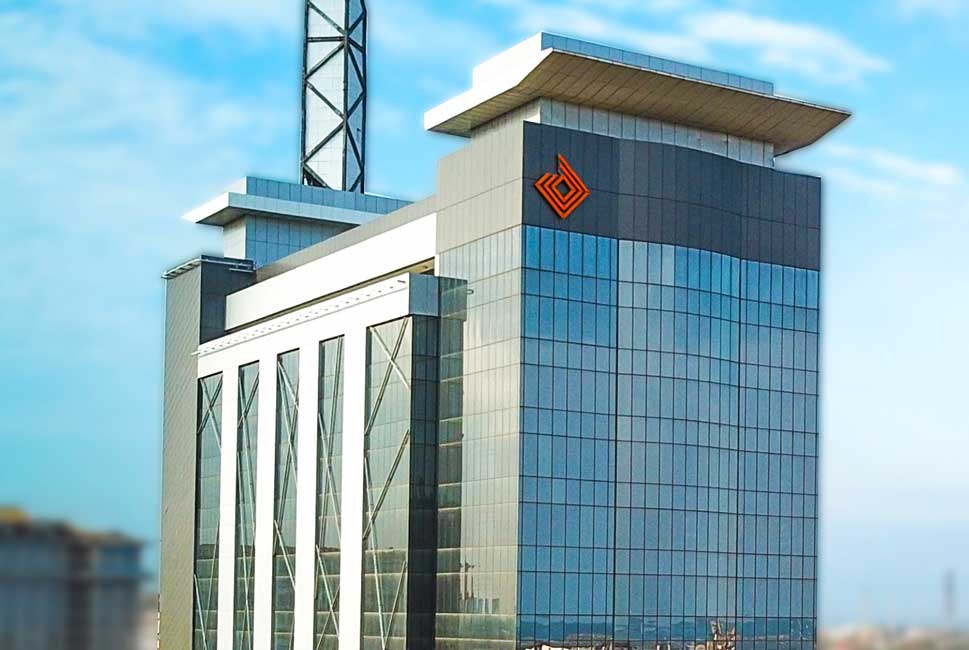
Nigeria’s designation as a Country of Particular Concern is a moral test to uphold justice and protect the citizens, argues PAT ONUKWULI
·
When the gods of ancient Greece sought to warn mortals, they seldom spoke directly. Instead, they sent signs like eclipses, olive branches, doves, or sudden flashes of lightning. Those who recognised the signs endured; those who ignored them often faced their downfall. Similarly, on 31 October 2025, the United States, through President Donald J. Trump, issued what could be seen as a modern omen: the designation of Nigeria as a Country of Particular Concern (CPC) under the International Religious Freedom Act of 1998. It was not thunder from Olympus, but a diplomatic signal of grave concern. It serves as a warning that should test Nigeria’s resolve to protect its people and confront its human rights challenges.
The reaction in Abuja, however, followed a familiar pattern: official denials, references to national sovereignty, and suggestions of foreign interference. Yet beyond the politics lies a more profound message. The designation should not be seen as an insult from abroad. Still, as an invitation to reflection, a mirror held up to the nation. It establishes the urgent need to uphold justice, protect citizens, and restore confidence in Nigeria’s moral and civic foundations.
Over the past decade, particularly in the Middle Belt, thousands of Christians have been killed, and hundreds of churches reduced to ruins. Data from Intersociety and Open Doors show that between 2015 and 2025, more than 52,000 Christians have been murdered in Nigeria, and over 18,000 churches and Christian schools have been destroyed or closed.
From Benue to Southern Kaduna, Plateau to Taraba, the same pattern persists: massacres, displacement, and silence. In many of these regions, entire communities have been obliterated, places where church bells once tolled now only echo with memories. Yet, despite these atrocities, not a single mastermind behind these crimes has been successfully prosecuted.
The perpetrators move freely, some rehabilitated under “de-radicalisation” programmes that seem to reward violence more than restrain it. Meanwhile, victims remain trapped in trauma, abandoned in squalid IDP camps.
It is important to emphasise that Christians are not the only victims. Boko Haram, ISWAP, and other extremist groups have also slaughtered Muslims, especially those who oppose their ideology. The UNDP estimates that more than 35,000 Muslims have been killed in the North-east. However, this is not the main point of Washington’s rebuke. The key issue is that a portion of Nigerian citizens, Christians who no longer feel protected by their own government, sought help elsewhere. And the world listened.
Predictably, some argue that the CPC label is unrelated to human rights and instead signals a global rivalry between the United States and China for Africa’s minerals and strategic allegiance. There may be some truth to this. Great powers rarely act out of pure altruism.
Even if every conspiracy theory proved accurate, the bloodshed in Nigeria remains a national burden. No American soldier set fire to the villages of Benue, and no Chinese agent destroyed the churches of Plateau. Attributing the crisis to foreign motives is a convenient distraction from domestic failure. The more pressing question is not why the rebuke was issued, but why it became necessary. Sovereignty does not confer immunity from accountability; it imposes the duty to protect citizens. When a state cannot guarantee safety or justice, the world will inevitably raise the alarm.
Nigeria’s Constitution guarantees freedom of religion, but in practice, that freedom is fragile and unevenly protected. Our political and military elites, some of whom thrive amid chaos, have turned human tragedy into a marketplace of influence. Instead of confronting extremists, they bargain with them. Instead of defending the weak, they issue condolences. The armed forces, too often compromised by corruption and divided loyalties, have failed to provide consistent protection. A military that profits from insecurity cannot be trusted to end it. The result is impunity, a nation where killers are emboldened and justice is just a distant dream. The shepherds are asleep, and the wolves roam freely.
The Greeks called it hubris: pride that blinds a leader to danger. Like Oedipus, Nigeria’s rulers ignore prophecy; they dismiss every warning as foreign interference. Yet history teaches that nations rarely collapse from external assault; they decay from within.
Nigerians may wave the banner of sovereignty, yet sovereignty without justice is merely a flag fluttering over ruins. The Cassandras of this age are not mythic prophetesses but ordinary citizens, the widow in Zangon Kataf, the Imam silenced for preaching peace, the Pastor conducting worship amid anguish. Their collective lament is the truest report card of the republic.
Nigeria must now choose what is right over what is convenient. The nation must strengthen its justice system so that those who shed blood, however connected, are prosecuted and punished. Its military must be professionalised, freed from profiteers of conflict, and rebuilt on a foundation of public trust. Destroyed communities must be restored, survivors rehabilitated, and the equality of every faith reaffirmed under the law. From every pulpit and minaret should come the reminder that religion is not a sword but a bridge, a means to peace, not power. Doing what is necessary is no longer a matter of bureaucratic routine; it is the moral duty of President Bola Tinubu.
About sixty years ago, the Second Vatican Council’s Pastoral Constitution on the Church in the Modern World (Gaudium et Spes) declared that “peace is not merely the absence of war, but the work of justice.” It urged Christians “to build universal peace and friendship” through respect, dialogue, and defence of human dignity. This appeal transcends faith. It is a call to conscience, to govern with compassion and to treat human life as sacred. Therefore, the moral duty of this government is to protect every Nigerian, Christian, Muslim, or traditional worshipper with equal conviction. Anything less is hypocrisy masquerading as patriotism.
In the final analysis, Washington’s designation of Nigeria as a Country of Particular Concern is not a death sentence but an alarm bell. Whether this warning becomes a dirge or a call to renewal depends entirely on Nigeria’s choices. The world is watching, and so are the generations yet to come. History will not record the excuses offered, but the justice pursued or neglected. At this crossroads, the nation stands between pride and purpose, denial and duty, and only one of these paths leads towards peace.
If Nigeria heeds the forewarning in the wind and defends the human rights of its people, this rebuke will not mark shame but renewal; the moment the nation begins to heal. The accurate measure of any country’s strength is not the power it displays abroad, but the justice it ensures within its borders.
Dr. Onukwuli, a legal scholar and public affairs analyst, writes from Bolton, UK. patonukwuli2003@yahoo.co.uk



